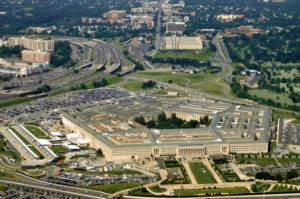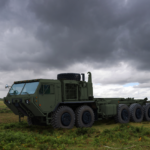
The Defense Advanced Research Projects Agency's (DARPA) Underexplored Systems for Utility-Scale Quantum Computing (US2QC) program is exploring the costs and benefits of accelerating the development and scaling up of quantum computers to head off potential strategic surprise by U.S. adversaries. The agency has picked three companies for US2QC--Microsoft Corp. [MSFT], Berkeley, Calif.'s Atom Computing, and Palo Alto, Calif.'s PsiQuantum Corp. “Experts disagree on whether a utility-scale quantum computer based on conventional designs is still decades away or could be achieved…













